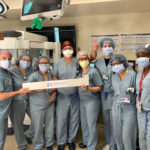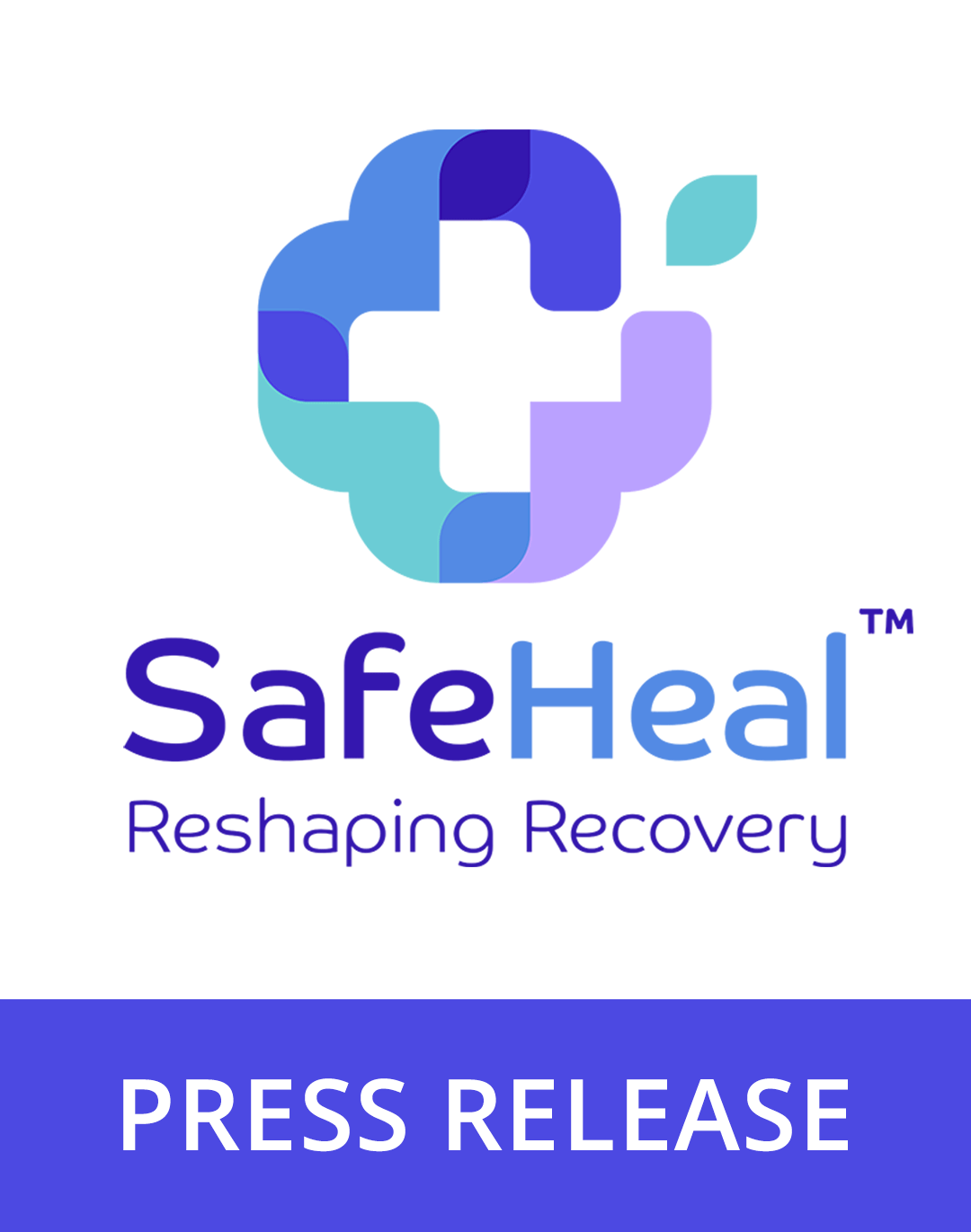Colovac reduces number of diverting ostomies for patients undergoing surgery for colorectal cancer
Paris, France, April 3, 2019 – SafeHeal, a leading innovator in the field of digestive surgery, announces today that its unique Colovac bypass sheath has received the CE-mark.
Colovac is a unique endoluminal bypass sheath placed in the colon following colorectal resection. It suppresses the contact of fecal content with the colorectal anastomotic site in order to significantly improve patient recovery after colorectal surgery, without the need for an ostomy. It is seamless, minimally invasive and fully reversible. It can remain in place until the body’s natural healing and tissue repair processes are complete, which could be up to ten days. It is easily removed during an endoscopic procedure, avoiding a second surgical intervention.
With the CE mark, Safeheal brings a new alternative for patients undergoing colorectal surgeries, limiting the devastating impact of living with an artificial anus and associated comorbidities; enabling an earlier return to normal life.
At the end of 2018, SafeHeal concluded its successful first-in-human clinical study in fifteen patients, with results demonstrating that Colovac can successfully obviate the need for a diverting ostomy for the majority of patients undergoing colorectal surgery.
“Obtaining the CE mark is a significant achievement and an important milestone for SafeHeal. This clearly indicates that Colovac meets the essential requirements for product safety, performance and usability, in compliance with the latest rigorous requirements set by EU regulations. We are now looking forward to further clinical validation, especially with the initiation of our FDA study”Karl Blohm, CEO of SafeHeal
Every year about 270,000 colectomy patients in Europe and the US receive an ostomy; there is a considerable medical need and substantial market potential for devices such as Colovac.
About anastomotic leakage
Anastomotic leakage occurs in up to 20 per cent of patients undergoing anterior resection (Clin Colon Rectal Surg. 2006 Nov; 19(4): 213–216). It is considered to be the most serious colorectal surgical complication, frequently resulting in the rapid development of severe peritonitis, septic shock and multiple organ dysfunction. This leads to increased mortality rates. Diverting ostomy, the current standard of care today, applied prophylactically to most patients with a low anastomosis, regardless of their immediate post-operative course, has the objective of minimizing the sequelae of anastomotic leakage. It is a somewhat traumatic and aggressive process which significantly reduces the quality of life of patients and entails its own complications. The potential for Colovac is substantial in a multi-billion-dollar ostomy bags market. Due to the unmet clinical need, Colovac represents a breakthrough, leading to improved patient outcomes as well as reduced patient management costs for healthcare providers.
About the Colovac device
The Colovac device was invented by the French digestive surgeon, Charam Khosrovani, to avoid the need for a diverting ostomy in patients undergoing a colectomy. The device is a flexible bypass sheath intended to suppress the contact of fecal content with the colorectal anastomotic site, following colorectal surgery (open or laparoscopic).
It is anchored above the anastomosis using a stent combined with an innovative vacuum-based mechanism. Colovac is seamless, minimally invasive and fully reversible. Once in place, the implant covers the colon down to the anus. It remains in place until the body’s natural healing and tissue repair processes are complete (approximately ten days), after which it is removed during an endoscopic procedure, without the need for a second surgical intervention. This enables patients to resume their normal life without having to bear an artificial anus and wear ostomy pouches for several months.
About SafeHeal
SafeHeal SAS, headquartered in Paris, France, is a clinical-stage medical device company established in 2015. It is focused on the development of anastomosis protection devices, including Colovac for colorectal surgery. The Colovac device received its CE mark in March 2019; it remains an investigational device in other regions.





